Life
Sign up for our newsletter
We summarize the week's scientific breakthroughs every Thursday.
-
 Oceans
OceansFleeting dead zones can muck with seafloor life for decades
Low-oxygen conditions can fundamentally disrupt seafloor ecosystems and increase carbon burial, new research shows.
-
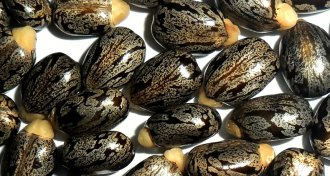 Health & Medicine
Health & MedicineRicin poisoning may one day be treatable with new antidote
Mice treated with a blend of antibodies survived even when treated days after exposure to ricin.
By Meghan Rosen -
 Health & Medicine
Health & MedicineCold plasma puts the chill on norovirus
A new device uses cold plasma to kill foodborne pathogens.
-
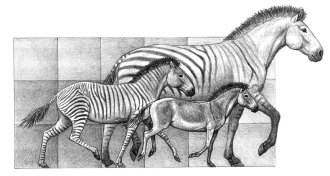 Life
LifeHorses buck evolutionary ideas
Horse evolution doesn’t fit classic scenario of trait evolution.
-
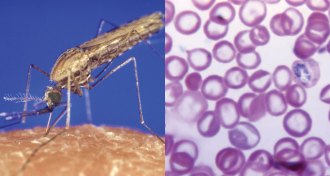 Life
LifeMalaria molecule makes blood extra-alluring to mosquitoes
Scientists have identified a molecule that draws mosquitoes to malaria-infected blood.
-
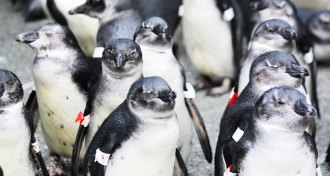 Animals
AnimalsYoung penguins follow false food cues
Juvenile African penguins are being trapped in barren habitats, led astray by biological cues that are no longer reliable because of human activity.
-
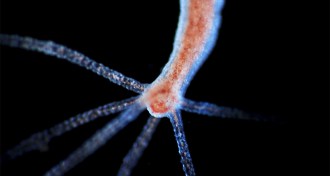 Animals
AnimalsHow hydras know where to regrow their heads
Regenerating pond animals called hydras inherit structural patterns from their original forms, researchers find.
-
 Animals
AnimalsHow hydras know where to regrow their heads
Regenerating pond animals called hydras inherit structural patterns from their original forms, researchers find.
-
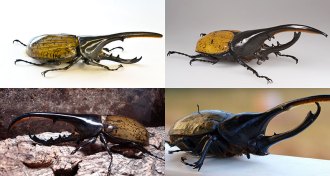 Genetics
GeneticsNumber of species depends how you count them
Genetic evidence alone may overestimate numbers of species, researchers warn.
-
 Ecosystems
EcosystemsZika virus ‘spillback’ into primates raises risk of future human outbreaks
Spillback of Zika virus into monkeys may complicate eradication efforts.
-
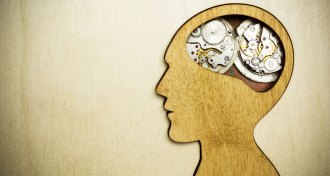 Neuroscience
NeuroscienceMysteries of time still stump scientists
The new book "Why Time Flies" is an exploration of how the body perceives time.
-
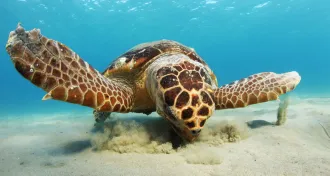 Climate
ClimateHot nests, not vanishing males, are bigger sea turtle threat
Climate change overheating sea turtle nestlings may be a greater danger than temperature-induced shifts in their sex ratios.
By Susan Milius